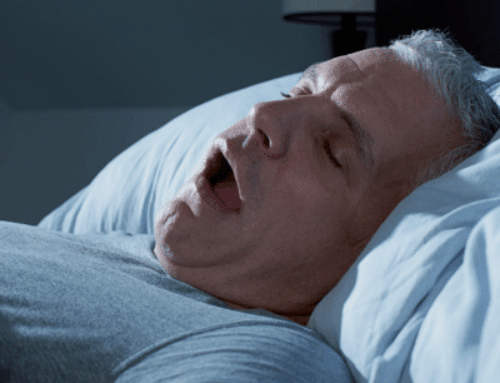 Vertigo is a very unsettling feeling. It is often described as a feeling that the world is spinning or that you are. It can come on suddenly, with or without an accompanying illness. It can last for minutes, hours, or days and come and go without warning.
Vertigo is a very unsettling feeling. It is often described as a feeling that the world is spinning or that you are. It can come on suddenly, with or without an accompanying illness. It can last for minutes, hours, or days and come and go without warning.
What causes vertigo?
Vertigo originates in the inner ear. When pressure changes in the inner ear, a sensation of spinning, tilting, or feeling pulled in one direction can occur. It’s a scary sensation when the very notion of gravity has been disrupted in your life.
Several conditions can trigger vertigo. One common cause is benign paroxysmal positional vertigo (BPPV), which happens when tiny calcium crystals in the inner ear become dislodged and move into the semicircular canals, disrupting balance signals. Other causes include Meniere’s disease, an inner ear disorder that involves fluid buildup, and vestibular neuritis, an inflammation of the inner ear nerves often caused by a viral infection.
Vertigo may also be a symptom of migraines or even certain neurological conditions. That’s why it’s important to consult a medical professional if you’re experiencing persistent or recurrent vertigo. With proper diagnosis and treatment—including medications, physical therapy, or balance exercises—most people find effective relief and regain control of their daily lives.
Symptoms
- Headache
- Nausea
- Ringing in the ears
- Unusual eye movements
What causes changes to the inner ear?
Many conditions that can lead to inner ear changes, and in turn, vertigo, including:
- Benign Paroxysmal Positional Vertigo (BBPV) occurs when canaliths (small calcium particles) move from their normal location and settle in the inner ear.
- Meniere’s disease is caused by fluid build-up in the ear. Ringing in the ears or hearing loss may accompany Meniere’s disease.
- Vestibular neuritis (labyrinthitis) is due to infection in the ear. The infection causes the nerves that help your body keep its balance to become inflamed and unable to regulate balance.
- Less common causes of vertigo include injury to the head or neck, stroke or other brain issues, medications, and migraines.
Treatment
The human body is a miraculous thing. Many times your brain will adjust and regulate balance to negate the issue. When this is not possible, there are several treatments you can discuss with your doctor, some of which include:
- Antibiotics to fight infection
- Anti-inflammatory medications
- Balance regulating medications
- Vestibular rehabilitation, a type of rehabilitation that strengthens your body’s ability to regulate the signals sent from the vestibular system to the brain.
Your physician will ask you questions about your symptoms about the length of time and severity of your issues, if there seem to be any triggers or accompanying symptoms, and how much it affects your daily activities. Based on this information and a physical exam that may include a hearing test or attempt to recreate your symptoms, your physician may suggest one of the treatments above or refer you to a specialist for further testing and consideration.
When is vertigo an emergency?
If you experience severe vertigo that includes any of the following, you should seek emergency care:
- Vertigo following trauma
- Vision problems
- Slurred speech
- Muscle weakness
- Severe headache
- Inability to keep down fluids
It can be scary, but with good communication between you and your physician, a proper treatment plan can get you back on steady feet once again.
At Virginia ENT, our physicians are trained and experienced in the diagnosis and treatment of vertigo. If you suffer from balance issues, or any of the above symptoms, contact us for an appointment. We are here to help! Our team uses advanced diagnostic tools and personalized treatment strategies to address the root cause of your symptoms. Don’t let vertigo disrupt your life—early evaluation and care can make all the difference in restoring your confidence and stability.





